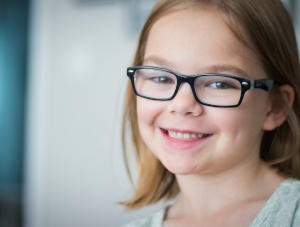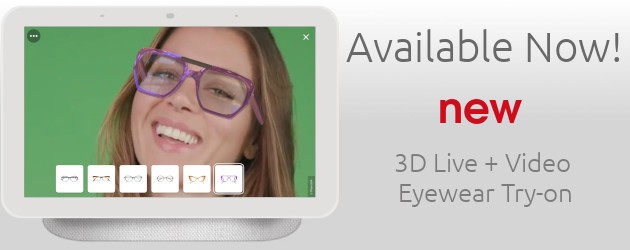Industry News
Scientists Exploring New Option To Manage Pediatric Myopia
 SUNY College of Optometry will take part in a multi-center US clinical trial sponsored by Eyenovia, Inc. to evaluate the safety and effectiveness of an investigational drug, MicroPine, to help slow myopic progression in children 3 to 12 years old. MicroPine is an atropine eye solution formulated for administration as a gentle mist using the company's patented microdose dispenser. It has not yet been approved by FDA for slowing myopia progression, so it is still considered investigational.
SUNY College of Optometry will take part in a multi-center US clinical trial sponsored by Eyenovia, Inc. to evaluate the safety and effectiveness of an investigational drug, MicroPine, to help slow myopic progression in children 3 to 12 years old. MicroPine is an atropine eye solution formulated for administration as a gentle mist using the company's patented microdose dispenser. It has not yet been approved by FDA for slowing myopia progression, so it is still considered investigational.
Pediatric progressive myopia is nearsightedness in children that worsens year after year. This progression may result in severe (or high) myopia, which can be associated with potentially serious side effects including loss of vision. In 2016, there were an estimated 30 million children with myopia in the United States alone, of which approximately 5 million would be considered highly myopic.
Prospective participants will be assessed by a research optometrist and, if suitable, invited to attend up to 11 visits over four years at SUNY Optometry. Children enrolled in the study will be randomly assigned to use one of two different low doses of MicroPine, or a placebo for three years. During the fourth and final year of the study, children will be re-randomized. All children will receive MicroPine for at least 1 of the 4 years of the study and some children may receive MicroPine all 4 years. Participants will receive the study medication at no cost. Comprehensive eye care, a stipend towards glasses and a reimbursement for time and travel expenses will be included.
According to Dr. Danielle Iacono, Assistant Clinical Professor and Principal Investigator at SUNY College of Optometry, "The Eyenovia microdosed atropine formulations to be evaluated in the study are about ¼ the volume of an eyedrop. This means kids receive less drug, which could make treatment better tolerated and increase adherence to treatment. Since these factors are paramount to the success of all ocular medication, I am excited to begin enrolling patients into this study, which at its conclusion will inform myself and other eye care providers as to the safety and efficacy of this novel approach to myopia control."
There is currently only one FDA approved treatment option for pediatric myopia control - a specialized contact lens. If successful, this study could be the basis for the first microdosed drug treatment option for myopic progression in children - possibly making this therapy a game-changer in the effort to fight the global myopia epidemic.


